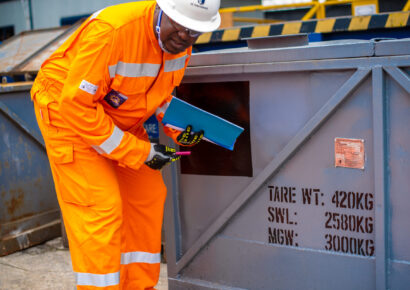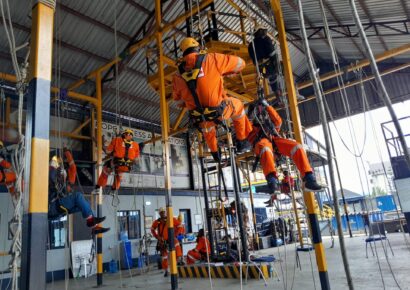Course Overview
The Offshore Orientation Course is designed to provide participants with the essential knowledge and skills needed to work safely and effectively in offshore environments. The course introduces the unique challenges of working offshore, including safety protocols, emergency procedures, and the operational standards required in industries such as oil and gas, marine, and wind energy.
Course Objective
To equip participants with a thorough understanding of offshore work environments, focusing on safety, communication, and regulatory compliance to ensure safe and productive operations.
What Trainees Will Learn
- Offshore Safety and Hazards: Identifying potential hazards in offshore environments and learning key safety measures to mitigate risks.
- Emergency Response Procedures: Understanding evacuation processes, firefighting, and survival techniques in the event of offshore emergencies.
- Personal Protective Equipment (PPE): Proper use and maintenance of PPE for protection in hazardous conditions.
- Offshore Living and Working Conditions: Adapting to the unique aspects of living on offshore platforms, including life-support systems, accommodation, and meal arrangements.
- Environmental Awareness: Understanding the impact of offshore activities on the environment and how to adhere to environmental protection guidelines.
- Communication Systems: Familiarization with offshore communication protocols to ensure clear and effective team collaboration.
Regulatory Compliance: Introduction to key offshore safety and environmental regulations, including international standards and industry-specific guidelines.The Offshore Orientation Course ensures that participants are well-prepared to handle the demands of offshore work environments, focusing on safety, teamwork, and regulatory compliance to ensure a smooth transition into offshore operations.






